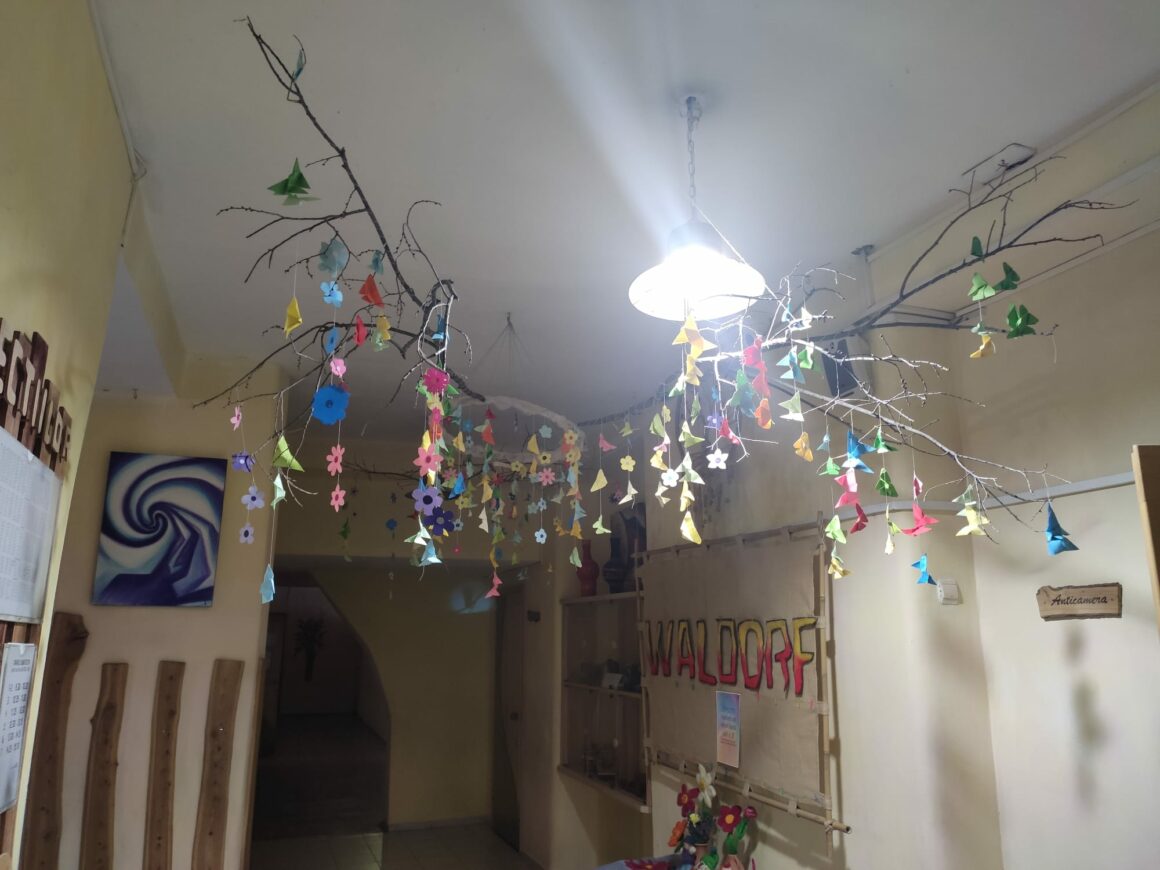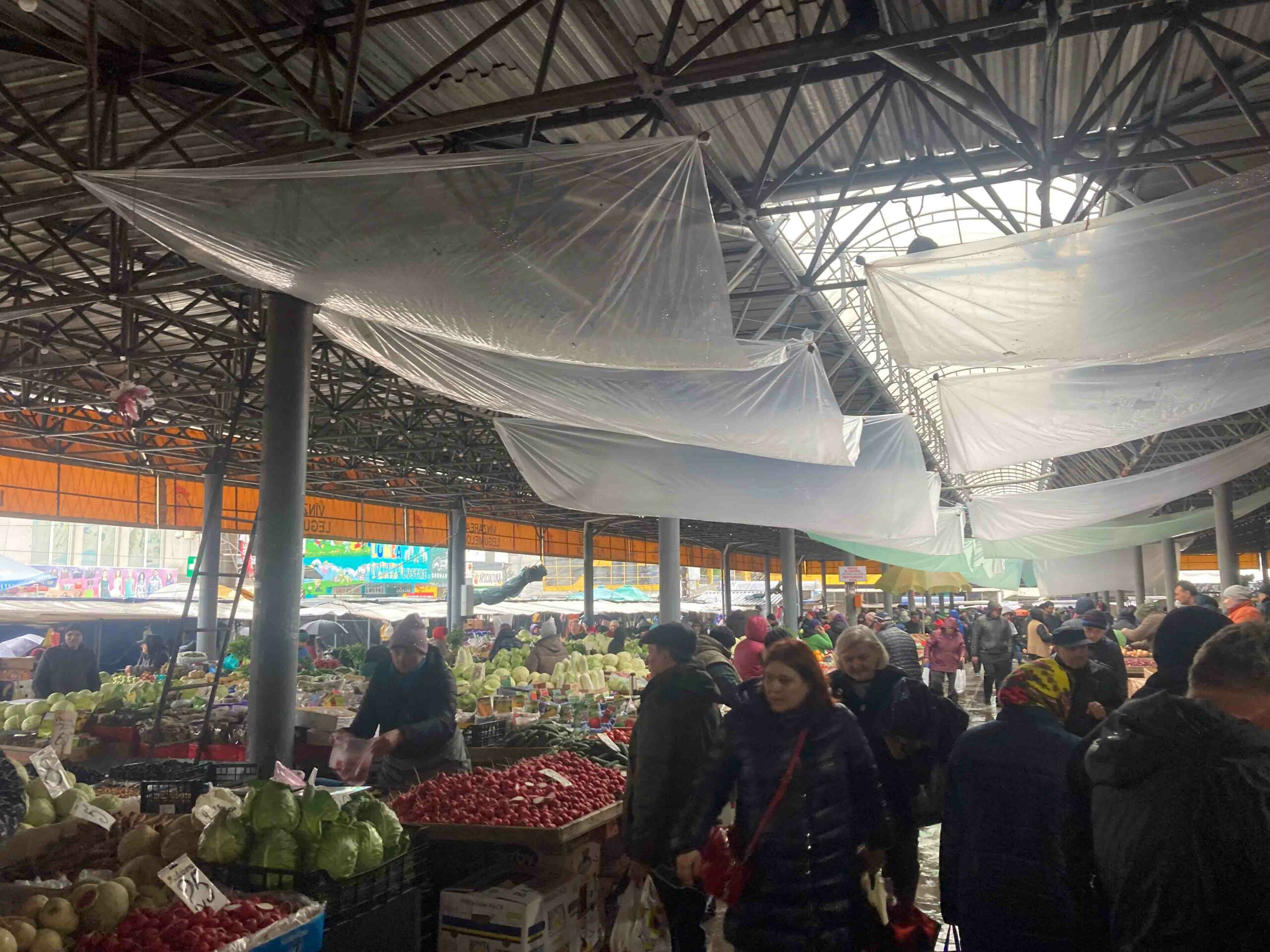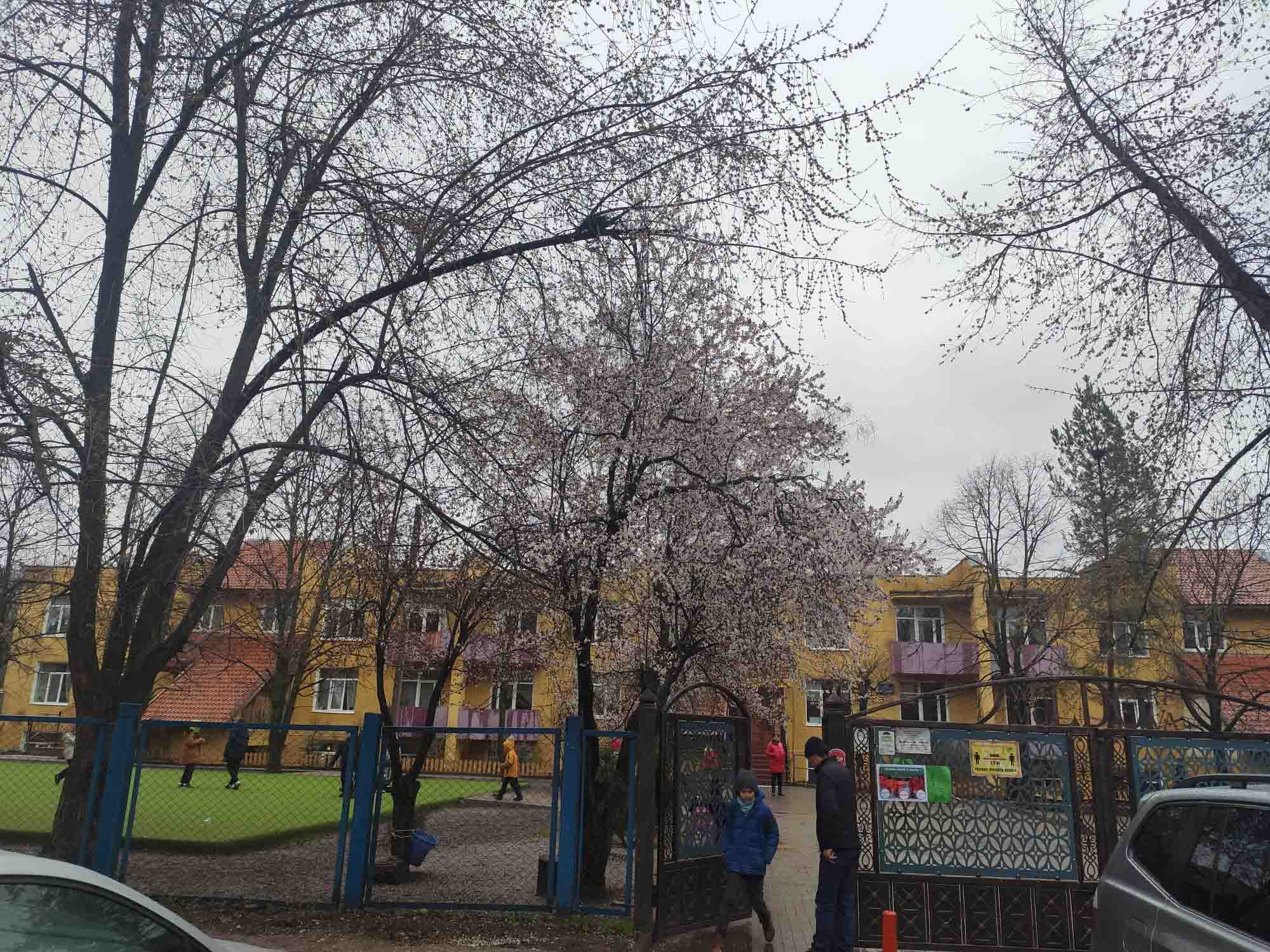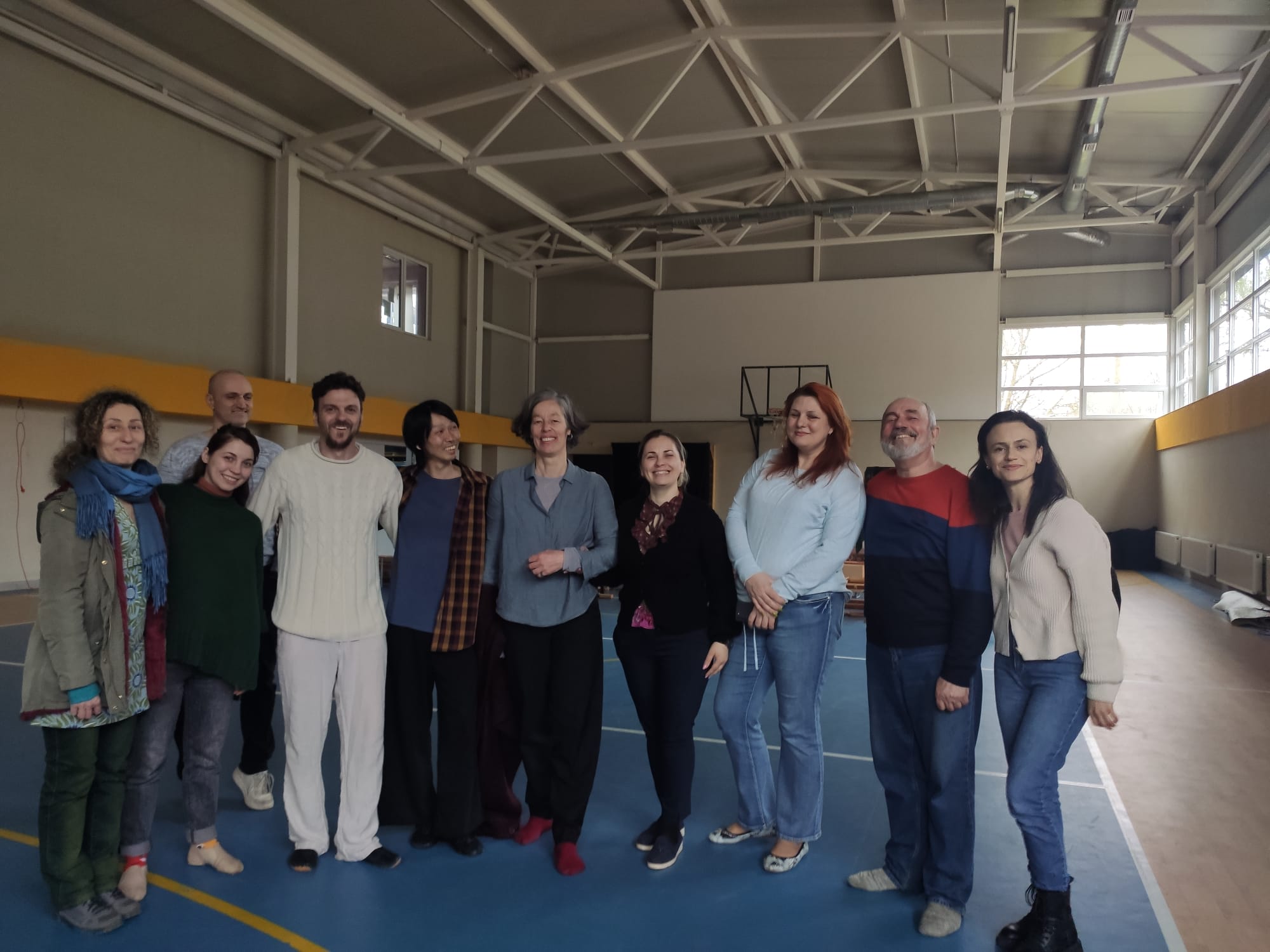Visit to Chisinau from 3–7.4.2023
Visit to Chisinau, the capital of the Republic of Moldova, from 3–7.4.2023
A report by Sonja Zausch
A country that lies between the East and the West and can precisely show the political transition with its global challenges.
Due to cultural, political and historical reasons, and because of the current war of aggression by Russia against Ukraine, constant processes of change and adaptation are necessary in Moldova. Approximately 60 % Romanian-speaking Moldovans and 30 % Russians live in this country of two million people.
The mayor of Chisinau, the capital, is a popular politician and optimist with a focus on supporting social organizations and encouraging children – this could support our initiatives and concerns.
The “Waldorf School Moldova” on the northern edge of the capital was founded quite soon after the fall of the Iron Curtain by a couple who had become familiar with Waldorf education through the kindergarten movement.
Today it is a double-grade public inclusive school with 690 school children and 50 kindergarten children.
It is fully integrated into the municipal school system and the unique selling point is not noticeable to many parents until they enter the school. I.e. many parents do not consciously bring the children to a Waldorf school, but simply to the school. The situation is similar with the teachers. They often have no Waldorf education training and the next teachers’ seminar is in Bucharest/Romania, i.e. was in Odessa/Ukraine before the war began.
Many teachers are very open to Waldorf education and about 50 interested teachers and parents attended my lecture with exercises on the topic “What is and what does eurythmy mean in Waldorf education”. Similarly, in a three-part workshop on the experience of eurythmy with adults (“social eurythmy”), about 25 teachers were able to reflect, with exercises in self-responsibility, what effect eurythmy can have on the individual in relation to the social organism.
In this workshop we did small movement exercises, based on eurythmy, which the teachers can incorporate into the daily school routine at different grade levels.
They addressed needs for further learning and integration of eurythmy into the daily school and kindergarten routine. Unfortunately, there are no eurythmy teachers who regularly teach in inclusive Waldorf schools – to the regret of the teachers there.
During the week of my visit, the school organized a “Week of Eurythmy”. In addition to my contributions, a young Romanian-Japanese couple that travels on a weekly basis to Waldorf schools and kindergartens across Romania and Moldova contributed to this. They teach in classes and perform three stage programs together with a Romanian actor for different age groups: “Little Red Riding Hood” by the Brothers Grimm for the elementary school, a Japanese legend for the middle school and an evening program with the national epic of the little sheep Miorița. This was a great artistic gift to the school community.
Another reason for this trip was to implement a new impulse for a three-year seminar on anthroposophical curative education and social therapy.
Olga Cebotarenco, the delegate of the Council from Moldova, and curative teacher at the Waldorf School, has attended herself a first transnational (Russian-speaking countries) seminar in Russian language “KRUG”, and now wants to spread and deepen this work in Moldova. There is already a group of about 20 people who would like to have a Council-certified seminar starting this summer.
One evening I gave an introductory lecture for those who were interested: Anthroposophy and Curative Education. Most of those interested are from state institutions and want to have extended learning on anthroposophical curative education. Just as in other countries, they are looking for more holistic approaches and inclusive formats for people with special needs. The anthroposophical trial approach is therefore highly appreciated.
I also tried to place the question of social therapy and about quality of anthroposophical inclusive communities, but here I perceived concerns that I have already encountered in other trips to countries where religious life is very formative on the one hand and the value of the family is central to social life and biographical development on the other.
Here it would be desirable that existing regional activists, e.g. from an eco-village, Demeter farmers or similar, form a network with alternative inclusive impulses, which could also offer inclusive communities to live in the future.














